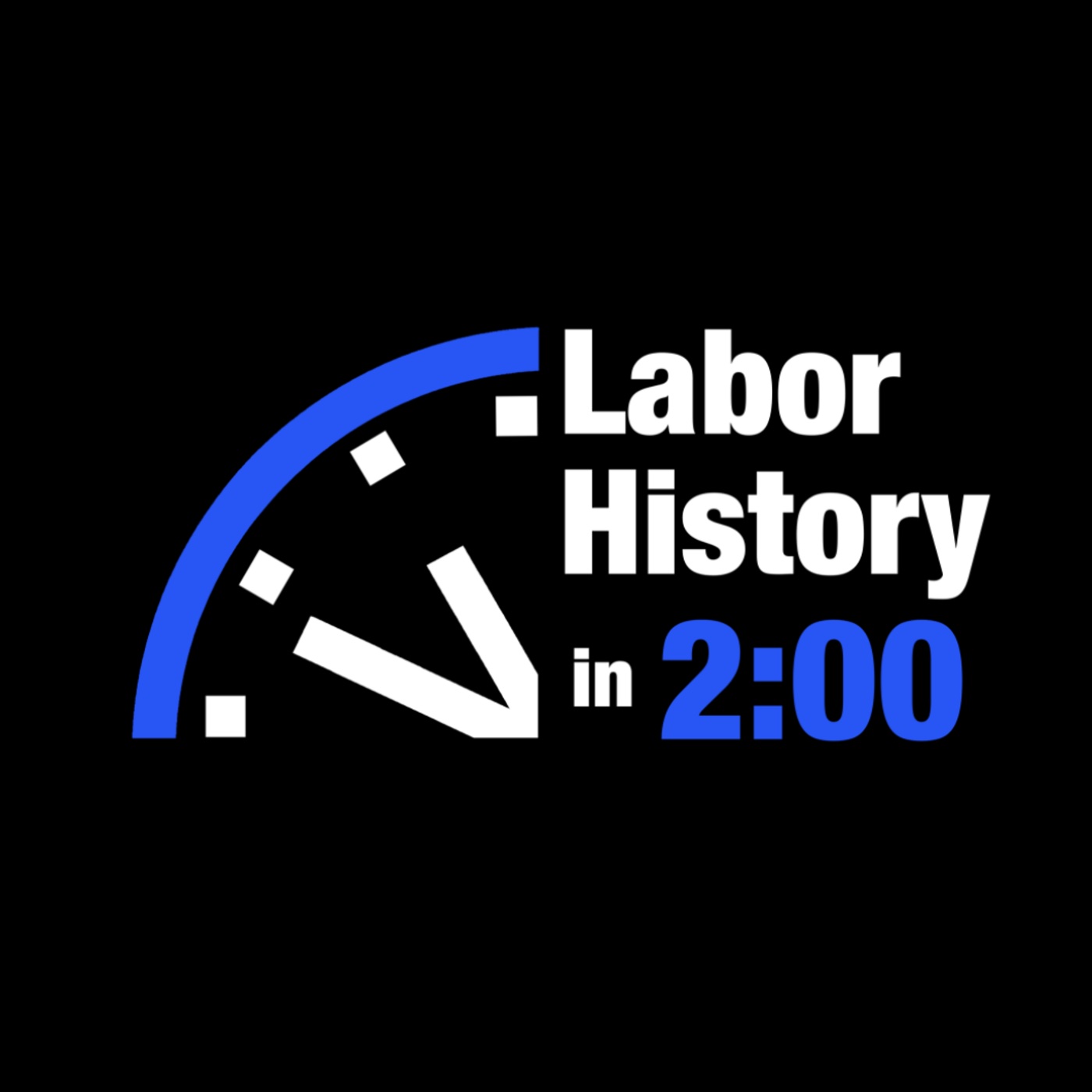Episodes

Tuesday Jan 21, 2025
January 21 - Steel Workers Join the ‘46 Strike Wave
Tuesday Jan 21, 2025
Tuesday Jan 21, 2025
On this day in labor history, the year was 1946. US steel workers staged the greatest walkout in the history of the Steel industry.
Nearly 750,000 strikers shut down more than 1,200 steel plants in 30 states.
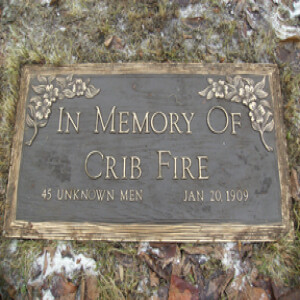
Monday Jan 20, 2025
January 20 - The Chicago Crib Fire of 1909
Monday Jan 20, 2025
Monday Jan 20, 2025
Today in labor history, January 20, 1909, marked one of deadliest workplace disasters in Chicago history. It took place a little over a mile off-shore near 71st Street, on Lake Michigan. A group of predominantly Irish laborers were working on a tunnel to bring fresh water to the city’s growing south side.
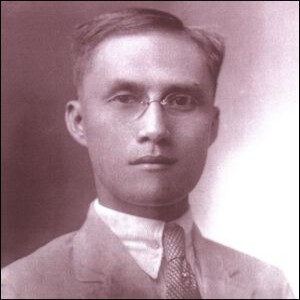
Sunday Jan 19, 2025
Sunday Jan 19, 2025
On This Day in Labor History, the year was 1920. That was the day 3,000 members of the Filipino Labor Union went on strike against the Hawaiian Sugar Planters’ Association on the island of Oahu. Plantation Bosses intentionally recruited Filipino workers, in an effort to weaken the Japanese labor force on the island. The bosses pitted one group as strikebreakers against the other.
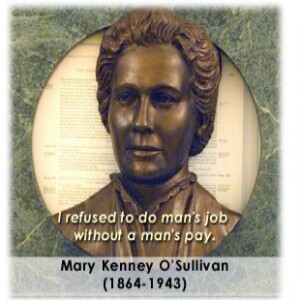
Saturday Jan 18, 2025
January 18 - Remembering Mary Kenney O’Sullivan
Saturday Jan 18, 2025
Saturday Jan 18, 2025
Today in labor history, January 18, 1943 marks the death of the first woman general organizer appointed by the American Federation of Labor. Mary Kenney O'Sullivan was born the only child of working-class Irish immigrants, in Hannibal, Missouri.
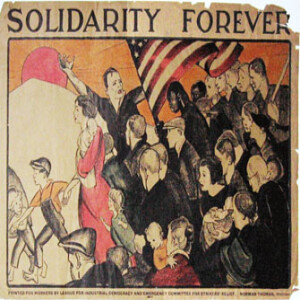
Friday Jan 17, 2025
January 17 - Solidarity Forever
Friday Jan 17, 2025
Friday Jan 17, 2025
Today in labor history, January 17, 1915, the most popular labor song in the United States was completed in Chicago. Ralph Chaplin, an Industrial Workers of the World (IWW) activist, artist and writer was in town for a demonstration against hunger. He finished writing “Solidarity Forever,” a song he had started working on the year before at a Miner’s strike in West Virginia.
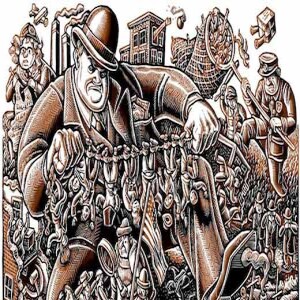
Thursday Jan 16, 2025
January 16 - Palmer Raids Victims Win Right to Legal Counsel
Thursday Jan 16, 2025
Thursday Jan 16, 2025
Today in labor history, January 16, 1920 thousands of immigrant detainees and labor activists won the basic constitutional right to consult with an attorney. These detainees were victims of the infamous Palmer Raids.
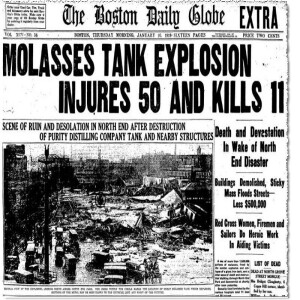
Wednesday Jan 15, 2025
January 15 - Deadly Molasses Explosion of 1919
Wednesday Jan 15, 2025
Wednesday Jan 15, 2025
Today in labor history, January 15, 1919 marked one of the strangest industrial disasters in U.S. History. That winter day in Boston the weather shifted suddenly and temperatures began to rise. A fifty foot storage container containing 2.3 million gallons of molasses began to make strange noises.
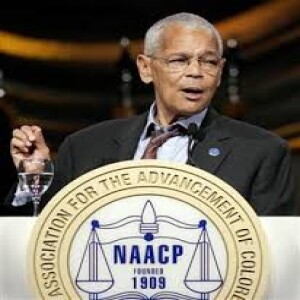
Tuesday Jan 14, 2025
January 14 - Remembering Julian Bond
Tuesday Jan 14, 2025
Tuesday Jan 14, 2025
Today in labor history, January 14,1940, Julian Bond was born in Nashville Tennessee. Bond was one of the leaders of the Civil Rights Movement. He helped found the Student Nonviolent Coordinating Committee, known as “snick.”
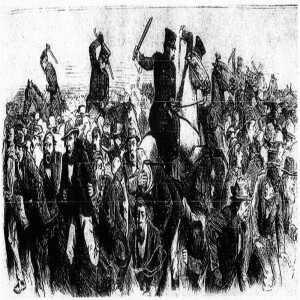
Monday Jan 13, 2025
January 13 - The Tompkins Square Riot
Monday Jan 13, 2025
Monday Jan 13, 2025
On this day in labor history, the year was 1874. What came to be known as the “Tompkin’s Square Riot,” took place in New York City. The nation was caught in the clutches of the 1873 depression. Unemployed New Yorkers called for a public works program to put people back to work.
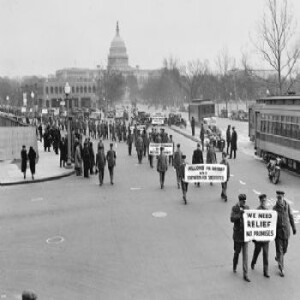
Sunday Jan 12, 2025
January 12 - Cox’s Army Marches on the Nation’s Capitol
Sunday Jan 12, 2025
Sunday Jan 12, 2025
On this day in labor history, the year was 1932, a very unusual army marched on Washington, D.C. Pro-labor Catholic Priest, Father James Renshaw Cox led the march from Pennsylvania to the Nation’s Capital to demand a public work’s program to put people back to work.
For more information on Cox's March
http://web.stanford.edu/group/progressive/cgi-bin/?p=2153

